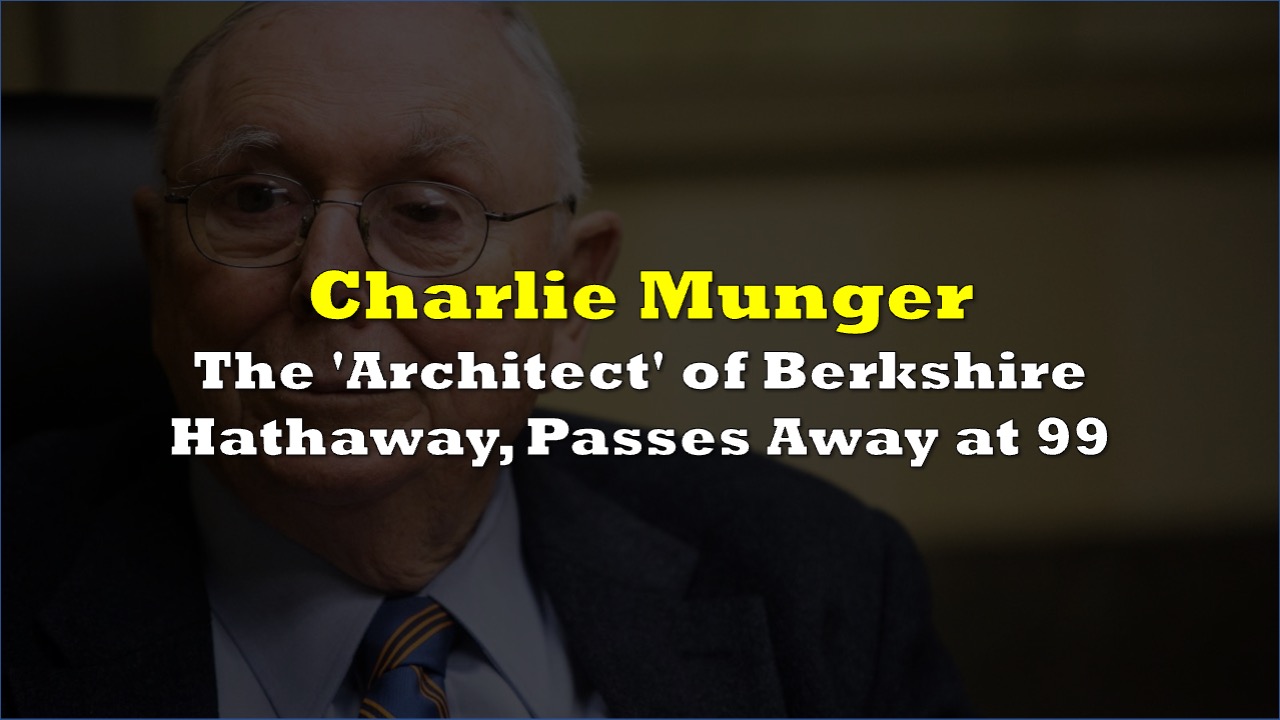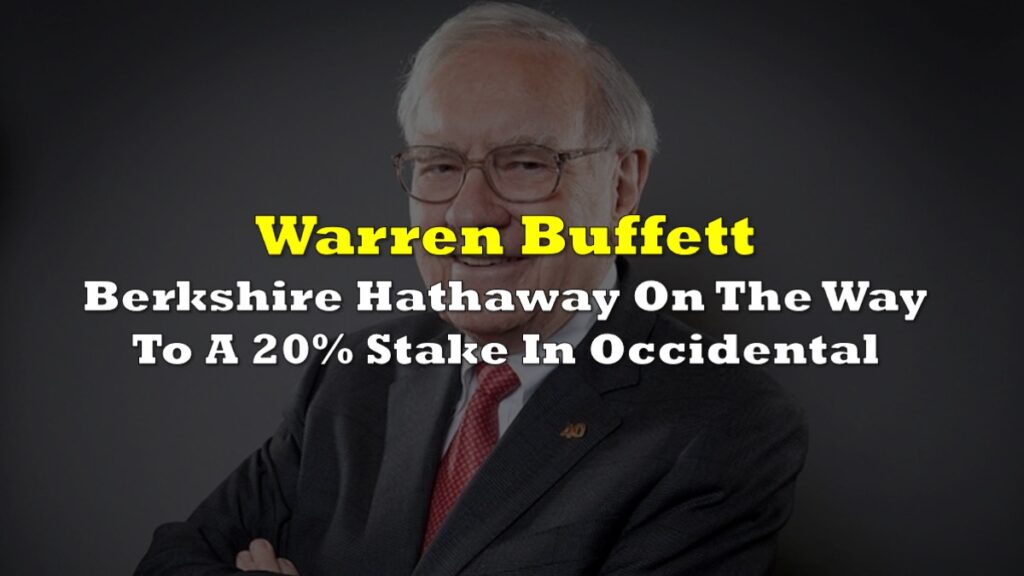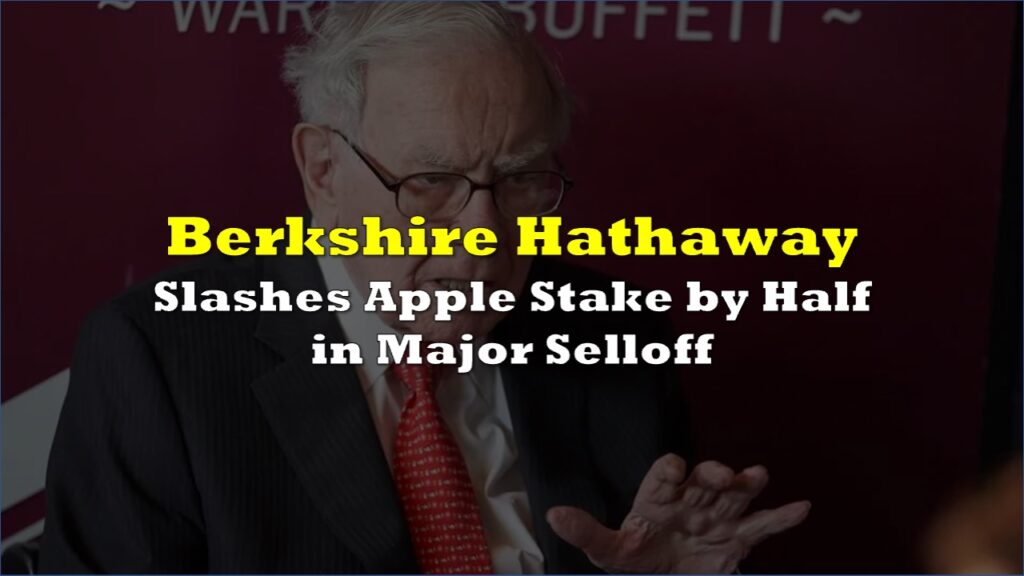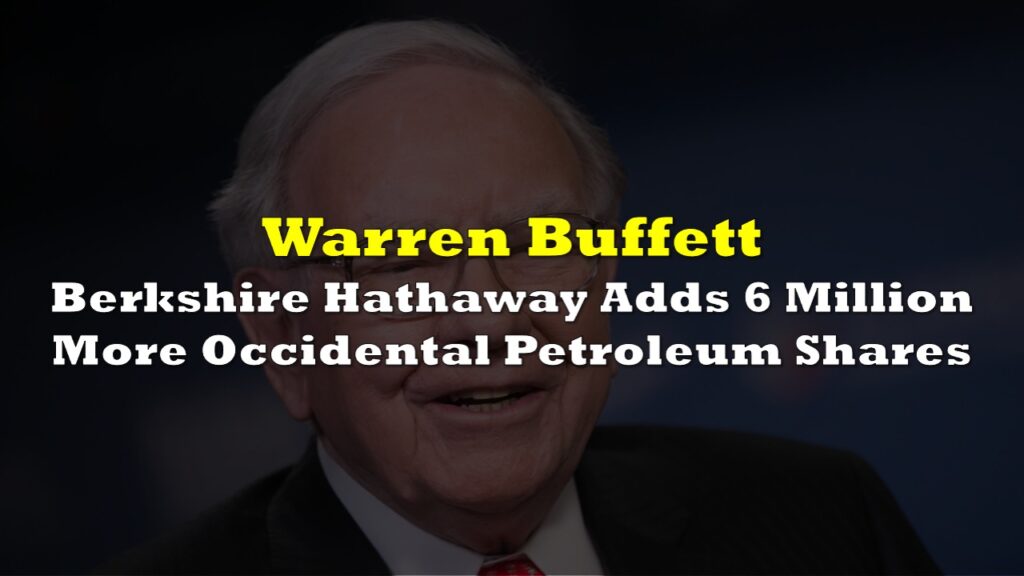Charles T. Munger, whom the world knew better as Charlie, the quiet foil to Warren E. Buffett in their 58 years of partnership at Berkshire Hathaway, one of the world’s most successful investment firms, has died. It would’ve been his 100th birthday on New Year’s Day.
The conglomerate announced his passing in a press release. Members of the Munger family advised that he had died peacefully on Tuesday morning in a hospital in California.
“Berkshire Hathaway could not have been built to its present status without Charlie’s inspiration, wisdom and participation,” Buffett said in a statement.
Munger, known to prefer to stay in the background while Buffett relished the spotlight, often downplayed his role at Berkshire. But most knew that his impact and influence at the conglomerate extended beyond his title of vice chairman, with Buffett calling him the architect of Berkshire Hathaway’s investment strategy, and himself the general contractor.
“The blueprint he gave me was simple: Forget what you know about buying fair businesses at wonderful prices; instead, buy wonderful businesses at fair prices,” Buffett elaborated in an annual report.
He was known for his wisdom, his maxims, and lessons. Buffett once said that he never has “a phone call with Charlie without learning something. And, while he makes me think, he also makes me laugh.”
Despite his advanced years, Munger remained mentally sharp, he remained active at the annual meetings of Berkshire and the Daily Journal Corp until early this year and even recently appeared at interviews with The Wall Street Journal and CNBC, and just last month on the Acquired podcast.
In his letter in Berkshire’s 2022 annual report, Buffett listed down nuggets of wisdom from his partner, most of them from a recent interview:
- The world is full of foolish gamblers, and they will not do as well as the patient investor.
- If you don’t see the world the way it is, it’s like judging something through a distorted lens.
- All I want to know is where I’m going to die, so I’ll never go there. And a related thought: Early on, write your desired obituary – and then behave accordingly.
- If you don’t care whether you are rational or not, you won’t work on it. Then you will stay irrational and get lousy results.
- Patience can be learned. Having a long attention span and the ability to concentrate on one thing for a long time is a huge advantage.
- You can learn a lot from dead people. Read of the deceased you admire and detest.
- Don’t bail away in a sinking boat if you can swim to one that is seaworthy.
- A great company keeps working after you are not; a mediocre company won’t do that.
- Warren and I don’t focus on the froth of the market. We seek out good long-term investments and stubbornly hold them for a long time.
- Ben Graham said, “Day to day, the stock market is a voting machine; in the long term it’s a weighing machine.” If you keep making something more valuable, then some wise person is going to notice it and start buying.
- There is no such thing as a 100% sure thing when investing. Thus, the use of leverage is dangerous. A string of wonderful numbers times zero will always equal zero. Don’t count on getting rich twice.
- You don’t, however, need to own a lot of things in order to get rich.
- You have to keep learning if you want to become a great investor. When the world changes, you must change.
- Warren and I hated railroad stocks for decades, but the world changed and finally the country had four huge railroads of vital importance to the American economy. We were slow to recognize the change, but better late than never.
- Finally, I will add two short sentences by Charlie that have been his decision-clinchers for decades: “Warren, think more about it. You’re smart and I’m right.”
Buffett ends this part of the letter by adding his own rule, “Find a very smart high-grade partner – preferably slightly older than you – and then listen very carefully to what he says.”
While they met as adults at a 1959 dinner party, where they hit if off immediately, Munger and Buffett’s lives had been somehow intertwined early on. Munger was born just five blocks away from Buffett’s current home in Omaha, Nebraska. And as a boy, he worked Saturdays at a grocery store that was then owned by Buffett’s grandfather, where Buffett, seven years younger, would also later work.
Charles Thomas Munger
Munger was born in Omaha, Nebraska in January 1, 1924. He was the son of lawyer Alfred Case Munger and Florence Russell Munger. At 17, he attended the University of Michigan to major in mathematics. Less than two years after, following the attack on Pearl Harbor, Munger enlisted in the Army Air Corps.
He was then promoted to second lieutenant and assigned to train as a meteorologist at the California Institute of Technology in Pasadena. This was where he met Nancy Huggins, daughter of a local shoe store owner. They married when he was 21 and she was 19 and later had three children.
Before he was discharged from the Army in 1946, Munger applied to Harvard Law School where his father had received his law degree. The problem was, he didn’t even have an undergraduate degree. But thanks to Roscoe Pound, a retired dean of the school and a family friend and also a fellow Nebraskan, he ended up getting accepted. He later graduated with honors and returned to California to practice, and then set up his own firm, Munger, Tiolles & Olson.
In the next few years, his fate would reverse. Not only financially — he and his wife divorced and their only son Teddy tragically died from leukemia at 9 years old.
This was when he began investing on the side, using his superior mathematical inclinations. He put money in stocks, businesses, and real estate. Soon after he realized that he’d “rather be one of our rich and interesting clients than be their lawyer.” Then he made his first million dollars.
In 1956, he met his wife Nancy Barry Borthwick. Three years later, he met Buffett. They had kept in touch through phone calls and letters, and then in 1965, they founded Berkshire Hathaway.
Nancy passed away in 2010. She and Charlie are survived by their three children, Emilie, Charles Jr., Barry and Philip; his two daughters from his first marriage, Wendy and Molly; his stepsons, William and David Borthwick; 15 grandchildren, and seven great-grandchildren.
Information for this story was found via the sources and companies mentioned. The author has no securities or affiliations related to the organizations discussed. Not a recommendation to buy or sell. Always do additional research and consult a professional before purchasing a security. The author holds no licenses.











